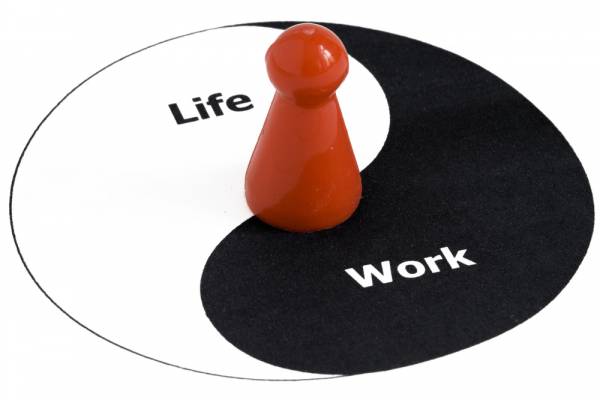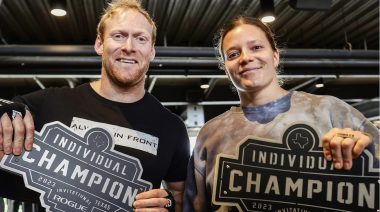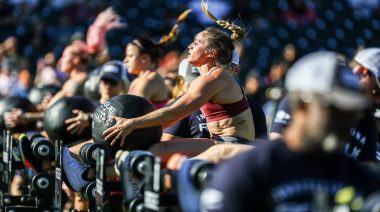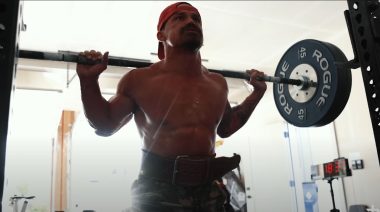When I was in my twenties, my life revolved around training. I left a company and an entire career, right before both became extremely lucrative, simply because it wouldn’t allow me to train as often as I wanted. Literally, anything new that came into my life, be it a relationship, a job opportunity, a trip, or anything there of, was weighed against its effect on my training.
The only thing that didn’t really seem to affect my training at that age, however, was my lifestyle. It was not uncommon to spend up to six hours a day on the mat, in the ring, in the water surfing, on the beach running, or in the gym with weights – followed by a night of bad eating, drinking too much, and failing miserably to impress women. Throw in two or three hours of sleep a night and I was good to go. Wash, rinse, and repeat.
Now however, I am old. As a thirty-six year-old coach, (Eric, my business partner and great friend, is six months younger than me so I hear about this “oldness” on an hourly basis) with three businesses, a wife-to-be, a graduate degree in health and wellness, and hopefully a little more common sense on my side, things have changed a bit.
Now I don’t go out at night without paying for it for three days. Now I have to watch what I eat, not because I’m worried about getting fat, but more because I’m worried about getting dead. Now I actually stretch and do mobility, and getting through my day with energy still in the tank for tomorrow is very important.
Being an athlete over the age of 30, as well as coaching athletes over the age of 30 is a very different experience than it was ten years ago. So what are the key factors for both CrossFitters and Brazilian jiu-jitsu players to successfully train as “a person no longer in their twenties?”
To answer this question, I’m going to tackle the dilemma of CrossFitters and leave the advice for the BJJ-players to the great Sean Apperson, head coach at Paragon Brazilian Jiu-Jitsu Academy here in Santa Barbara.
Traver’s Advice For CrossFitters:
- I always recommend spending a few minutes and coming up with a plan. What is your goal exactly now that you have a mortgage, family, and other obligations to factor in? Since you are now taking time and energy away from those obligations each time you train, having a good reason for doing so goes a long way when things get tough.
- If you’re not training for the CrossFit Games and a Reebok sponsorship, then having to miss a week of training due to work obligations should not be considered the end of the world and lead to tantrums or depression. Know you are in it for the long haul and there are going to be weeks when you get to the gym five times and weeks when you don’t get within a mile of the front door. Staying focused on the long-term goal will allow you the grace of enjoying some time off, even when it isn’t your idea to take it.
- What happens outside of the gym is now as important as what happens inside of it. Yep, this means all of the mobility work, the stretching, the chiropractic, the acupuncture, the massages, the dietary changes, the fish oil, and all other maintenance becomes as importance to your game as training itself.
- If you want to stay a CrossFitter and hopefully you do for the foreseeable future, then you have to put as much effort into rebuilding yourself as you do into tearing yourself down. Your body’s ability to recover slows down naturally with age, so filling in the void created by age with healthy recovery means, is now vital. Once you’ve figured out your goal for the next four months of training, spend just as much time assembling a schedule for regular tune-ups and repair work, both on your own and with a trained healer.
Sean’s Advice for BJJers:
- The key to getting better at this sport and avoiding injuries and set backs is consistency. I think if you’re able to train at least three sessions per week and keep a positive momentum success will follow. On the other hand the biggest mistake you can make is to set the bar too high and over train. If you train three days per week you can always build up to more classes, but starting out training everyday can turn into a mental failure if you have to cut back.
 Train the right way. The sport should be approached as a game and not a fight. All too often do I see older guys training not to lose and not opening themselves up to learning the game the right way. If you want to learn judo, you gotta first learn how to fall correctly and not worry about winning so to speak. The same is true in jiu-jitsu, if you take all the concern out of your training and just focus on the techniques, injuries will be avoided and you will learn at an incredible rate.
Train the right way. The sport should be approached as a game and not a fight. All too often do I see older guys training not to lose and not opening themselves up to learning the game the right way. If you want to learn judo, you gotta first learn how to fall correctly and not worry about winning so to speak. The same is true in jiu-jitsu, if you take all the concern out of your training and just focus on the techniques, injuries will be avoided and you will learn at an incredible rate.- Jiu-jitsu has many benefits as you get older like stress relief and maintaining a good piece of mind. I would argue that as you get older and stress levels increase, sports like jiu-jitsu, which keep you healthy both physically and mentally, are even more critical to keep in your life.
- Know it’s important to make time for your training and keep it a priority. As you get older there will always be work and family obligations, but you should not sacrifice what keeps you healthy and happy. In my opinion going to your jiu-jitsu club should be your temple. It should be a place where you can reduce stress and regain balance and perspective. In other words, it should be therapeutic, not just a fun hobby.
- Keep balance, and more balance. You don’t need to train six days per week, twice a day as you get older, but you should always maintain a nice balance. There is no problem cutting down your training, but you should still spend time in the academy and give back what you know. This is also a great way to still be on the mat and learning through injury. I think as you get older the mental aspect of jiu-jitsu is more important than the physical. Meaning, even though you can’t physically train as much, you can still be around the sport developing and improving your knowledge.
There you have it fellow old people! You’ve worked hard to get where you are and should enjoy each day with good health and full vitality. Do you have a secret in your wise old arsenal for continued training success? We’d love to hear about it below.






